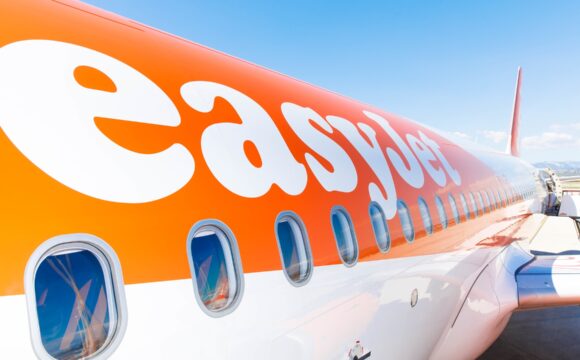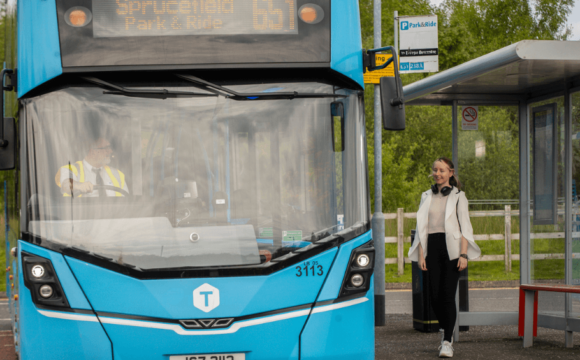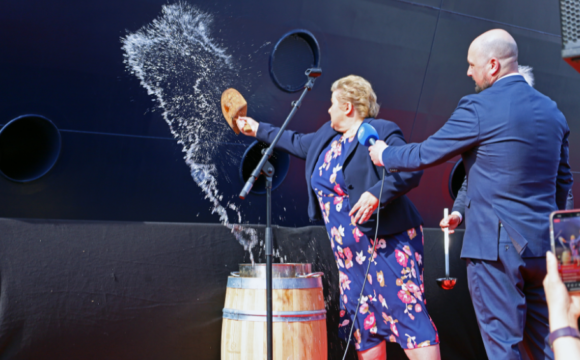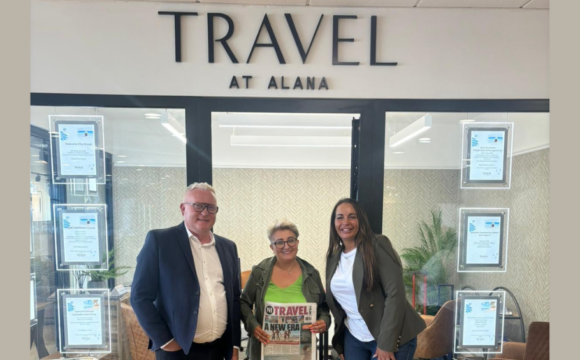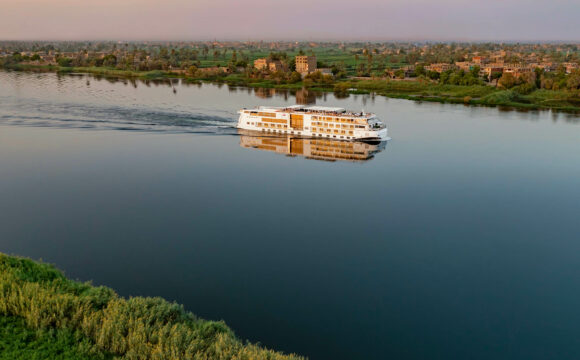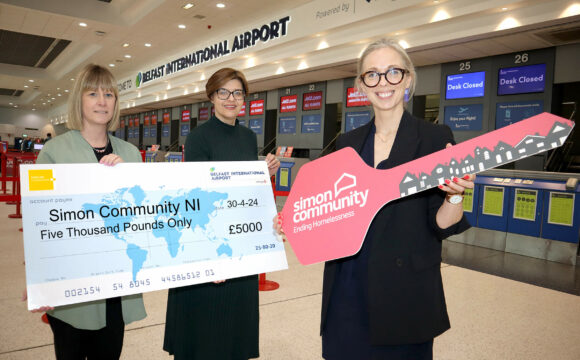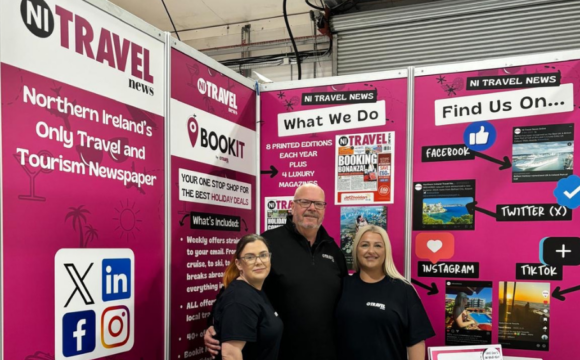St Helena, one of the world’s remotest islands, is increasing payment options for visitors. The St Helena Government has partnered with Ryft, an FCA-licensed UK fintech providing in-person payment systems. The new payment system will enable businesses on the island to accept in-person, real-time electronic Visa and Mastercard card payments for the first time.
St Helena Government aims to have multiple businesses and Government departments onboarded in the coming months, and it is hoped that the move will drive up visitor spending by 10 per cent by the end of 2024 as part of the Government’s digital transformation and tourism recovery strategies.
In addition to partnering with Ryft for Visa and Mastercard payments, the Bank of St Helena has introduced a virtual pre-paid Tourist Card that allows visitors to pay for local goods and services. The card is accessed through a Tourist Card app, which allows visitors to tap into the island’s local card payment service, known as St Helena Pay – available at various establishments around the island. The card can also be used for cashback at select locations, to receive St Helena currency at no additional charge. Before arrival to St Helena, visitors complete an online application, download the app and load GBP funds onto the virtual Tourist Card using a personal bank card. With the pre-loaded virtual card in hand, upon arrival into St Helena visitors can start spending using a unique QR code. Visitors can monitor spending through the app and top up the card as needed during their stay. Any unused funds on the Tourist Card can be refunded back to a personal bank card upon departure from the island.
St Helena, a British Overseas Territory in the South Atlantic Ocean, is more than 1,200 miles off the west coast of southern Africa and has a population of fewer than 4,500. Economically the island is heavily dependent on tourism, predominantly from the UK and South Africa. The island’s remoteness and small size have meant it has historically struggled to access international merchant payment platforms. As a result, visitors have previously only been able to conduct transactions in cash (using either Sterling or St Helena Pounds) – with cash withdrawals only possible in person at the Bank of St Helena in Jamestown (or at the airport on weekly flight days).
The ability for local businesses and organisations to accept Visa and Mastercard payments, as well as the new pre-paid virtual card, will improve the visitor experience and contribute to economic growth on the island by making it easier for visitors to spend money.
Mark Brooks, Minister for the Treasury, Infrastructure, and Sustainable Development Portfolio at St Helena Government said: “Barriers resulting from our remoteness have meant that technology adoption has always been delayed on our small and isolated island – the internet didn’t arrive until 1995, and mobile phones weren’t commonplace until 2015. But digital transformation is at the heart of our plans for economic growth as we work hard to recover from the blows dealt to the tourism industry by the Covid-19 pandemic. We wanted to remove the barriers our cash-based economy put in front of cruise passengers and other tourists, limiting their ability and appetite to spend with our local businesses. We’re pleased to be working with Ryft, who are an innovative and agile fintech company who have been able to find a solution and bring in-person card payments to St Helena.”
Josephine George, Managing Director at the Bank of St Helena also comments: “We are pleased to now be able to offer visitors a virtual solution to card payments when visiting the island. The new Tourist Card will help support the economic recovery of the island and give visitors another option when spending on St Helena.”
Sadra Hosseini, co-founder and CEO at Ryft, said: “We often find ourselves being approached to solve problems for partners where nobody else has been able to, so we were excited to support St Helena Government in this important and ambitious drive to transform the island’s economy. As tourist destinations around the world continue to adapt and rebound in the post-pandemic world, reducing barriers to spending and supporting local businesses is a critical part of the recovery and regrowth process. We’re pleased to be part of that for St Helena and look forward to working together to see what we can achieve next.”


